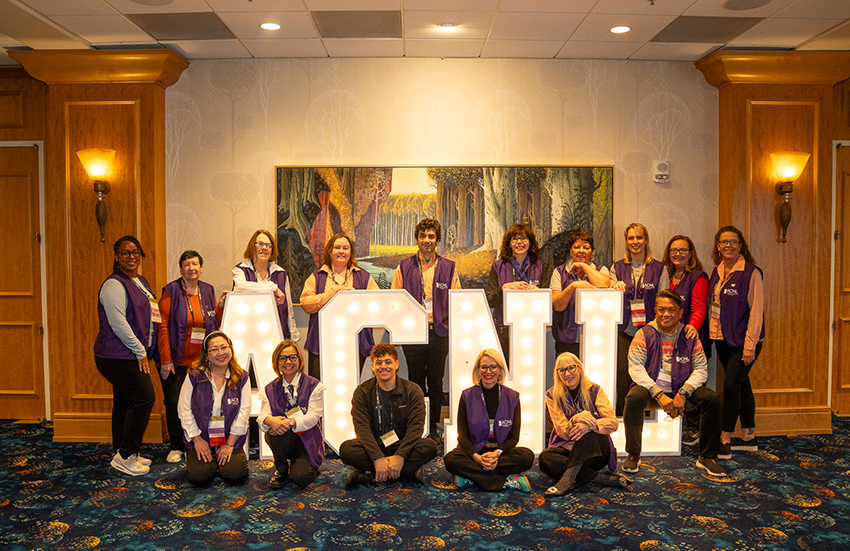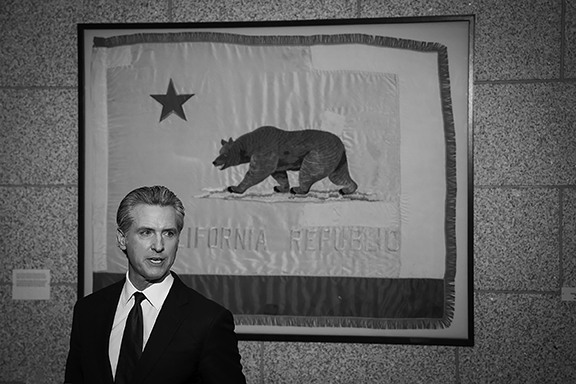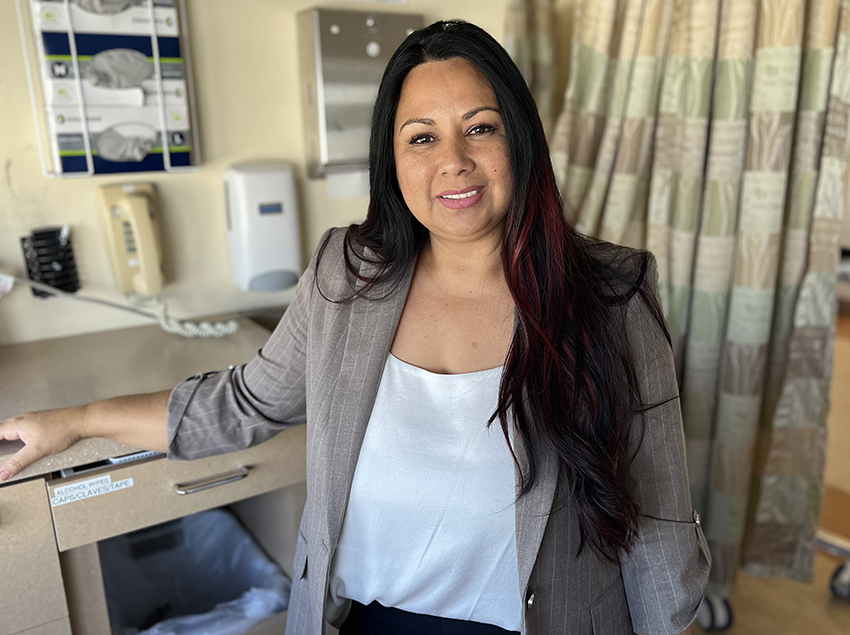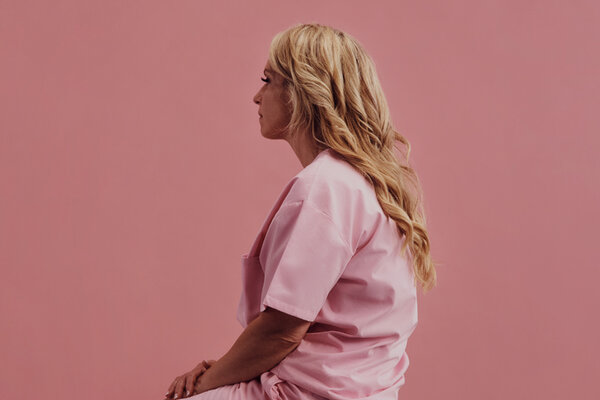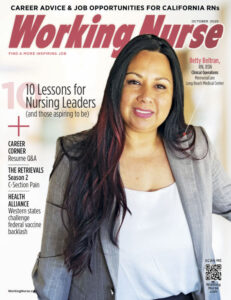Feature
Hospital Romance
In pop culture, nurses find love, marriage and passion at work. Here is the real story.
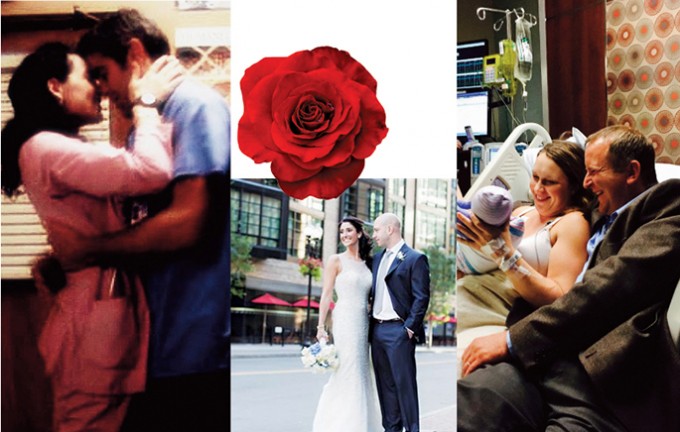
SCENE: After resuscitating a car crash victim, handsome doctor Doug Ross (George Clooney) and attractive head nurse Carol Hathaway (Julianna Margulies) embrace — and soon find themselves sharing their first kiss.
“I shouldn’t have,” whispers Ross apologetically.
“Well, you didn’t do it alone,” Hathaway replies with a smile.
This scene is from the first season of “ER,” but if you’re a veteran television viewer, you can probably recall countless moments just like it. Hospital romances are the lifeblood of every medical series, whether reality show, daytime soap or nighttime drama. The life-and-death decisions come and go — it’s the romances that keep audiences tuning in.
But what about real life? Hospital romances do happen, but the drama and the consequences don’t always work out the way they do on TV.
The Heart Wants What it Wants
During the Civil War, Dorothea Dix, that great pioneer of U.S. Army nursing, took a dim view of romance within her ranks. Dix didn’t even want her nurses to be too young or too pretty, lest hostile Army doctors accuse the nurses of being more interested in finding husbands than in doing their duty.
Today, romances between nurses and patients are still frowned upon. The National Council for State Boards of Nursing (NCSBN) considers such relationships to be sexual misconduct, no matter who initiates them. “It is an abuse of the nurse-patient relationship that puts the nurse’s needs first,” declares the NCSBN pamphlet A Nurse’s Guide to Professional Boundaries.
Even so, sometimes the heart wants what it wants. In 2013, James Costello, one of the victims of the Boston Marathon bombing, fell in love with travel nurse Krista D’Agostino while undergoing treatment at Spaulding Rehabilitation Hospital, where D’Agostino worked. After a much-publicized whirlwind courtship, the two tied the knot in August 2014.
“She hates when I say this, but I’m actually glad I got blown up,” Costello told the hosts of “The Today Show” after he and D’Agostino announced their engagement. “I wish everyone else didn’t have to, but I don’t think I would have ever met her if I didn’t, so I’m pretty happy.”
Not all nurse-patient relationships end so well. Back in 1997, a nurse from Lawrence, Kan., wrote to advice columnist Ann Landers, lamenting that her husband, a former patient, was a hypochondriac who expected her to take care of him 24/7.
There have also been several cases of correctional facility nurses who fell in love with inmates and ended up aiding the prisoners’ escape attempts. Back in 2005, Jennifer Hyatte lost her job as a nurse at Tennessee’s Northwest Correctional Complex over her relationship with a prisoner whom she then married. She later killed a guard to help her husband escape. Both husband and wife are now serving life sentences without the possibility of parole.
Workplace Romance
A 2015 study in the International Journal of Management Reviews, by Scottish organizational behavior professor Fiona Wilson, Ph.D., estimates that most workers — as many as 70 percent — have workplace romances at some point in their careers, whether it’s a casual fling or a long-term relationship leading to marriage. Healthcare is no different.
In a high-stakes, high-pressure workplace, it’s natural for sparks to fly, and real-world nursing can be just as dramatic as anything you see on TV. Especially in the emergency department, intense drama and heart-wrenching tragedy may be part of every shift. Such intensity has a way of fostering romance, even if the protagonists aren’t always as ruggedly handsome as Nathan Riggs (Martin Henderson) of “Grey’s Anatomy.”



